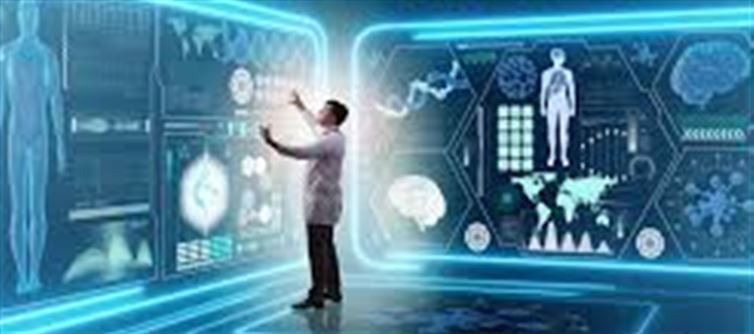
Artificial Intelligence (AI) is reshaping healthcare education, going far beyond diagnostics and treatment planning. From medical students to seasoned professionals, AI is transforming the way healthcare knowledge is delivered and applied. Here’s a detailed look at its impact.
1. Personalized Learning for Every Student
AI-powered platforms can tailor educational content to individual learners. By analyzing a student’s performance, strengths, and weaknesses, AI recommends customized modules, quizzes, and case studies, ensuring efficient and focused learning.
2. Simulation-Based Training
AI enables realistic virtual simulations, allowing students to practice surgeries, diagnostics, and emergency procedures without any risk to patients. This hands-on experience builds confidence, precision, and critical decision-making skills in a safe environment.
3. Enhanced Diagnostic Training
AI tools can analyze medical images and patient data, helping students understand complex patterns and anomalies. This improves their diagnostic accuracy and prepares them for real-world scenarios.
4. Interactive Learning with Virtual Assistants
AI-powered chatbots and virtual assistants provide instant feedback, explanations, and guidance. students can ask questions anytime and receive detailed, evidence-based answers, making learning more interactive and engaging.
5. Predictive Analytics for Curriculum Planning
AI can predict trends in medical knowledge and healthcare needs, helping educational institutions design relevant curricula. This ensures students learn up-to-date information and skills that match future demands.
6. Time-Efficient Knowledge Acquisition
Healthcare students often face overwhelming volumes of information. AI can summarize research papers, highlight key findings, and organize study material, enabling faster and smarter learning without compromising depth.
7. Continuous Professional Development
Even after graduation, AI facilitates lifelong learning for healthcare professionals. By tracking industry updates and new research, AI recommends ongoing training and certification programs, keeping professionals current and competent.
✅ Conclusion
AI is no longer just a futuristic concept—it is actively revolutionizing healthcare education. By offering personalized learning, realistic simulations, and continuous professional development, AI prepares healthcare professionals to deliver better patient care and adapt to rapidly evolving medical challenges.
Disclaimer:
The views and opinions expressed in this article are those of the author and do not necessarily reflect the official policy or position of any agency, organization, employer, or company. All information provided is for general informational purposes only. While every effort has been made to ensure accuracy, we make no representations or warranties of any kind, express or implied, about the completeness, reliability, or suitability of the information contained herein. Readers are advised to verify facts and seek professional advice where necessary. Any reliance placed on such information is strictly at the reader’s own risk.
.jpg)




 click and follow Indiaherald WhatsApp channel
click and follow Indiaherald WhatsApp channel